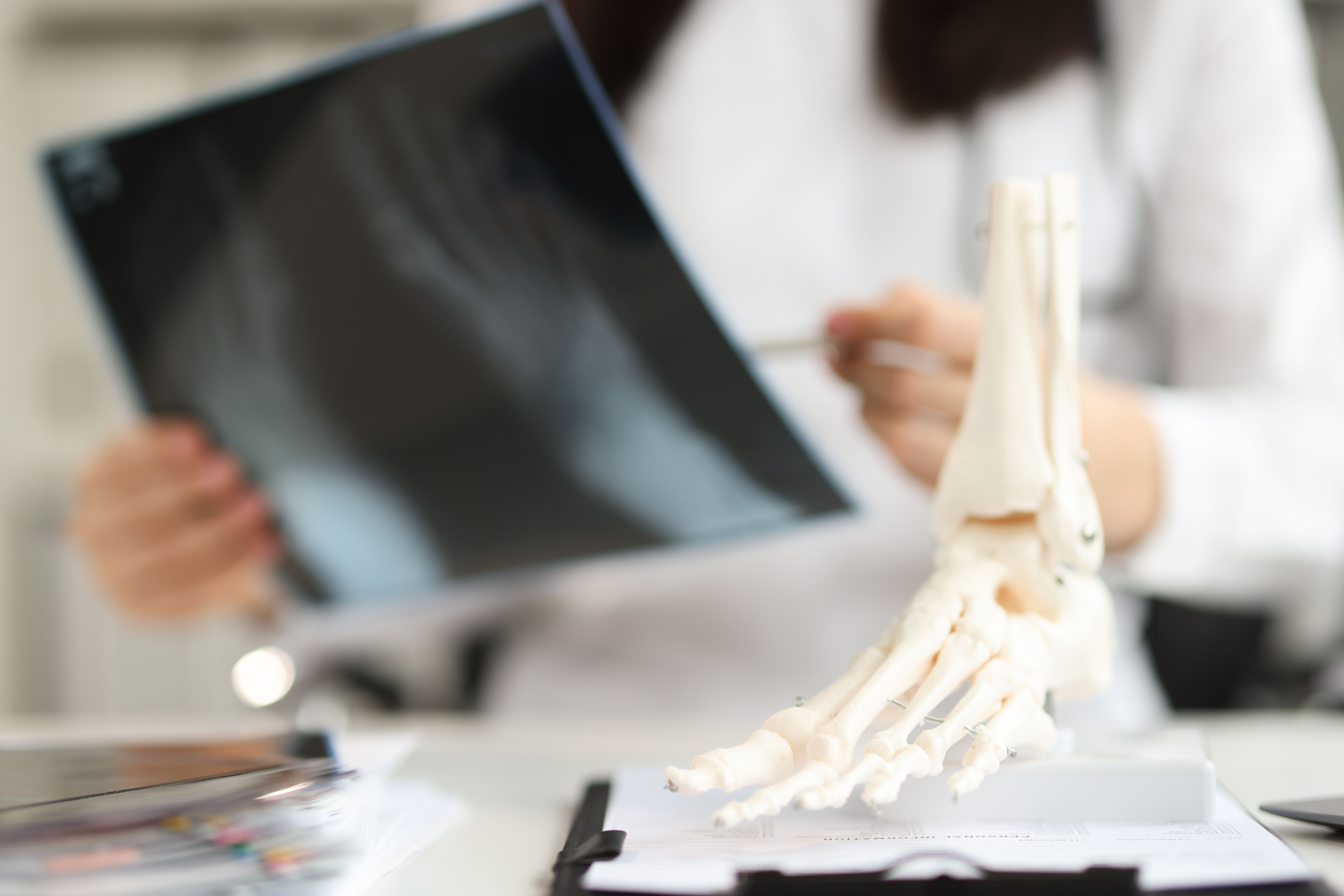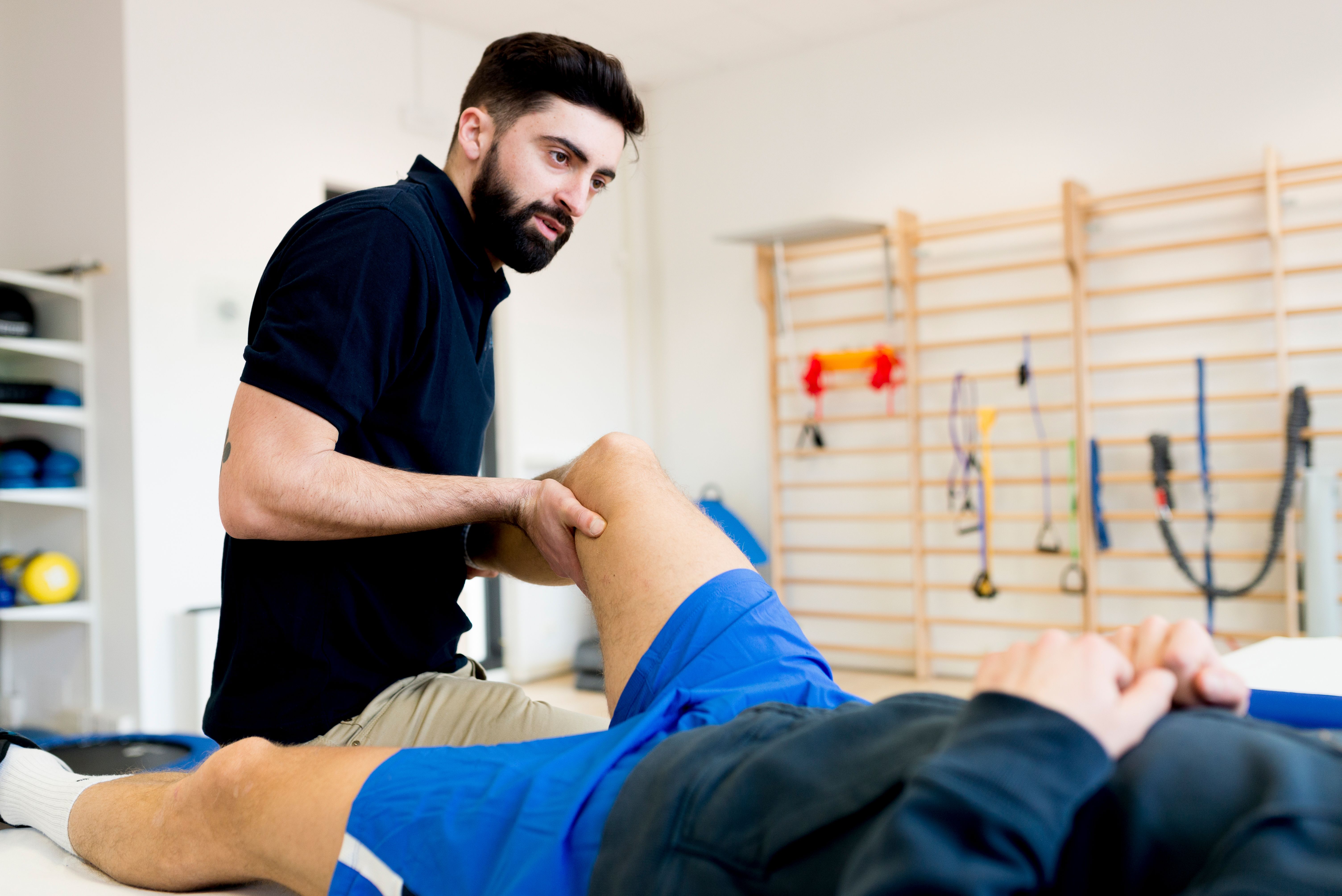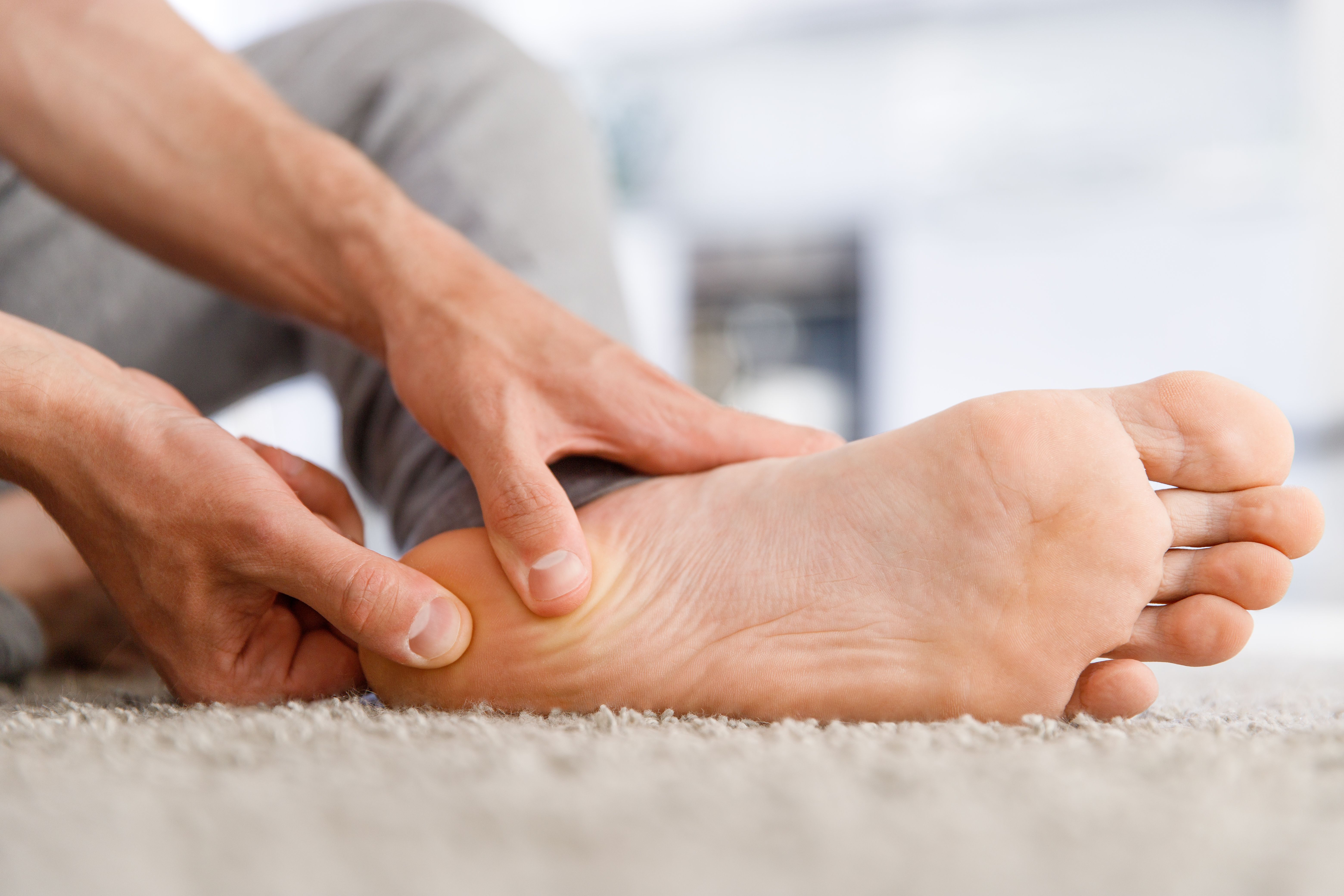The Top 3 Most Rare Injuries in Sports
Ankle Injuries, Arm Injuries

Have you heard of these three rare sports injuries?
Although working out and playing sports benefit you in so many ways, your risk of injury rises every time you take the field or court. In fact, the National Safety Council reported 3.7 million emergency room visits in 2023 due to a trauma related to a sporting activity or recreational activity — a 2% increase from 2020.
Common sports injuries, such as broken bones, dislocations, ligament tears, and tendon sprains, are easily diagnosed and quickly treated. But there are more rare sports injuries that are much harder to identify. This guide breaks down what they are, how they’re diagnosed, and more.
Rare sports injuries to be aware of

This trio of rare sports injuries can be painful and, in one case, quite serious. As with any form of sports trauma, never ignore the symptoms and see a doctor immediately. Physical therapy can also help with pain management, so don’t shy away from making an appointment.
1. Deltoid medial ligament ankle sprain
Ankle sprains happen frequently to athletes when they roll the ankle outward. Yet a sprain to the deltoid medial ankle isn’t typically the area of the joint that gets injured.
Your ankle contains several ligaments that stabilize the joint. The deltoid medial ligament is a group of four ligaments located along the inner part of the ankle. Deltoid means the ligaments are triangle-shaped, while medial refers to the inner ankle. Deltoid medial ligament sprains occur when the ankle rolls inward. Football and soccer players have a heightened chance of this type of rare ankle sprain, particularly if they receive a direct hit to the ankle.
A broken ankle on the outside of the ankle can also cause this type of sprain, which only accounts for 15% of ankle sprains. To prevent a deltoid medial ligament sprain, strengthen the muscles around the ankle and improve your balance with exercises, such as standing on one foot and switching to the other.
2. Rhabdomyolysis
A rare but serious ailment striking only 26,000 people in the U.S. each year, rhabdomyolysis refers to a breakdown of the muscles. When the muscles disintegrate and die, toxic agents in the muscle fibers enter the blood system and could cause kidney failure, a life-threatening condition.
Muscle weakness and soreness, as well as dark-colored urine, are signs of rhabdomyolysis. A severe trauma can cause this type of disintegration, but so can participating in very high-intensity or endurance exercise. Therefore, it’s important to rest between workouts to give your muscles a chance to recover.
Treatment for rhabdomyolysis involves administering IV fluids. Physical therapy to strengthen the muscles after rest may also be recommended. In more severe cases, dialysis may be needed if the kidneys have failed.
3. Galeazzi fracture
Within your forearm are the radius and ulna bones. When you dislocate or break the radius part of the forearm, it’s known as a Galeazzi fracture, or a fracture of the middle to distal third of the radius bone.
This type of fracture is usually the result of falling with an outstretched hand. Galeazzi fractures are quite rare, accounting for only 7% of all forearm fractures in adults. In addition to being uncommon, Galeazzi fractures can be difficult to diagnose, thereby delaying treatment. Pain and swelling of the forearm and the wrist are usual symptoms of this type of fracture. The forearm may also appear abnormal.
Initial treatment involves rest, elevation, and splinting. While children respond well to conservative treatment, adults may require surgical intervention.
Address these rare injuries with our help
At All Sports Physical Therapy, our therapists work with every patient to help them return to their favorite activity. Don’t hesitate if you’ve suffered an injury to get treatment. Whether a common or rare injury, we’ll help develop a therapy plan to make your path to recovery smoother. Contact us today for a consultation.



